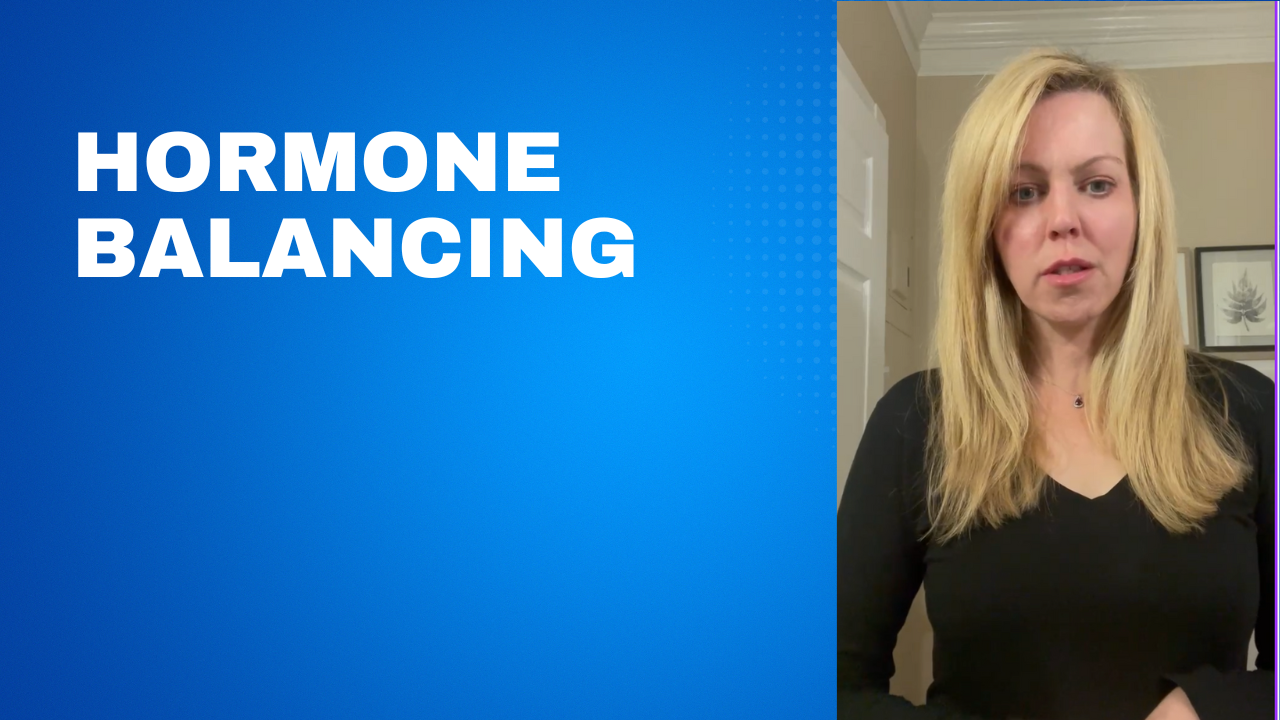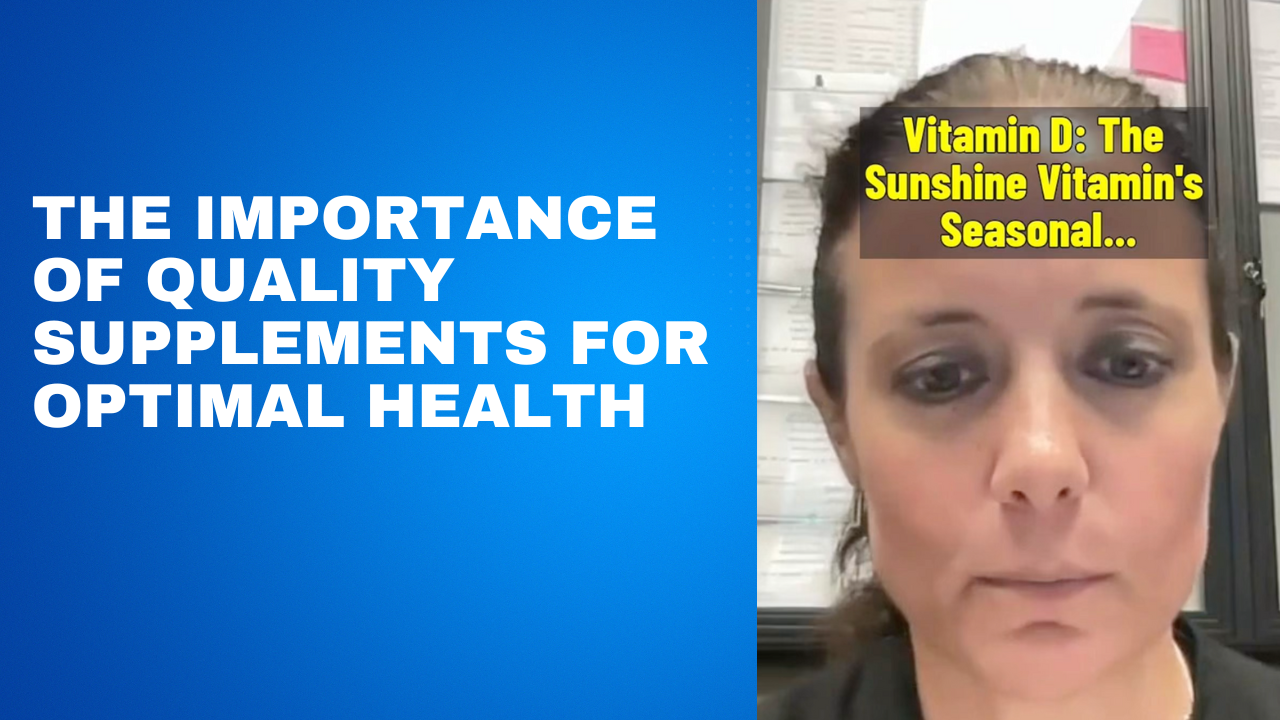Jessica Patrone is ProCompounding's lead pharmacist specializing in women's hormonal health, particularly during perimenopause. She expertly crafts customized medication plans to address your unique hormonal imbalances. With Jessica, you gain more than just medicine—you acquire a trusted advisor who demystifies hormonal changes and guides you towards long-term well-being.
Skincare Strategies for Late Perimenopause and Postmenopause
As women transition through perimenopause and menopause, a whirlwind of hormonal changes rewrites the body's operating manual. Sleep patterns become erratic, moods can swing like a pendulum, and one of the most visible transformations often plays out on the surface – the skin. That once-plump, radiant canvas can begin to lose its luster, replaced by dryness, a network of wrinkles, and a worrisome loss of elasticity.
These changes can be a source of frustration and insecurity. But don’t worry! I have a passion for empowering women as they navigate the complexities of hormonal shifts. Here, I want to equip you with valuable knowledge and effective skincare strategies to combat these visible signs of aging and rediscover your skin's youthful glow.
Estrogen's Impact on Skin Health and Potential Solutions
Estrogen possesses "hyperproliferative effects," essentially stimulating tissue growth and thickness [1 (Journal of Drugs in Dermatology, 2020)]. During perimenopause and menopause, natural estrogen levels decline, leading to several visible changes in the skin:
Thinning: The skin loses its former plumpness and density.
Decreased Moisture: Estrogen helps retain moisture in the skin, and a decline in this hormone contributes to dryness.
Wrinkles: Loss of skin elasticity due to reduced collagen production leads to a more wrinkled appearance.
Increased Blood Vessel Visibility: As the skin thins, underlying blood vessels can become more noticeable.
Topical Estrogen: A Potential Solution
Topical estrogen creams or gels containing estriol, a specific type of estrogen, can be applied directly to areas like the face, neck, and hands [2 (Int J Womens Dermatol, 2019)]. However, it's important to note that estrogen therapy may not be suitable for all women.
Considerations for Topical Estrogen Use:
- Age and Estrogen Levels: If you are in early perimenopause and your estrogen levels haven't significantly declined, using topical estrogen could lead to hormonal imbalances.
- Medical History: Certain health conditions, such as a history of blood clots or some cancers, may preclude the use of estrogen therapy. It's crucial to consult with your healthcare provider to determine if topical estrogen is a safe and appropriate option for you.
My Experience with Estriol and Tretinoin
As a 47-year-old compounding pharmacist, I've personally observed the positive effects of incorporating estriol and tretinoin (a retinoid) into my skincare routine. Tretinoin stimulates collagen production and cell turnover, further enhancing the benefits of topical estrogen [3 (NCBI, 2019)].
Beyond Estrogen: Additional Skincare Allies
While topical estrogen can be a valuable tool, other ingredients can significantly improve mature skin:
- Lactic Acid: This gentle alpha-hydroxy acid (AHA) exfoliates dead skin cells, promoting smoother texture and brighter skin tone [4 (American Academy of Dermatology Association, 2017)].
- Low-Dose Salicylic Acid: A beta-hydroxy acid (BHA), salicylic acid can help clear clogged pores and reduce the appearance of acne often experienced during hormonal fluctuations [5 (NCBI, 2012)].
- Glycolic Acid: Another AHA, glycolic acid offers exfoliating benefits similar to lactic acid, but may be more suited for oily skin types [6 (Journal of Cosmetic and Laser Therapy, 2018)].
The Power of Personalized Skincare
The key to successful anti-aging skincare lies in addressing the root causes of skin aging, not just relying on generic "anti-aging" products. This may involve consulting a dermatologist for a personalized prescription and working with a compounding pharmacist to create a customized skincare regimen tailored to your unique needs.
By incorporating topical estrogen, tretinoin, and gentle exfoliating acids into your skincare routine, you can promote healthy, radiant skin during late perimenopause, menopause, and beyond. Remember, investing in your skin health is an investment in your overall well-being and confidence.
Note: This blog post is for informational purposes only and should not be interpreted as medical advice.
- Journal of Drugs in Dermatology PubMed Central: https://pubmed.ncbi.nlm.nih.gov/31916515/
- International Journal of Women’s Dermatology PubMed Central: https://www.ncbi.nlm.nih.gov/pmc/articles/PMC6451761/
- National Institutes of Health PubMed Central: https://www.ncbi.nlm.nih.gov/pmc/articles/PMC6017965/
- American Academy of Dermatology Association PubMed Central: https://www.ncbi.nlm.nih.gov/pmc/articles/PMC4554394/
- National Institutes of Health PubMed Central: https://www.ncbi.nlm.nih.gov/pmc/
- Journal of Cosmetic and Laser Therapy PubMed Central: https://www.ncbi.nlm.nih.gov/pmc/articles/PMC6017965/
As you delve deeper into the complex array of hormonal health, these sources act as guides, simplifying the path from broad symptoms to tailored hormonal balance solutions. Just remember, while these resources provide valuable insights, it's also essential to consult with a healthcare professional for personalized advice and treatments that best suit your needs.











